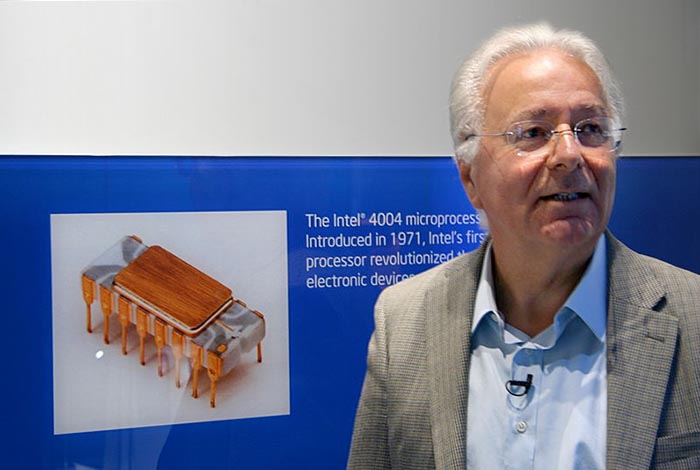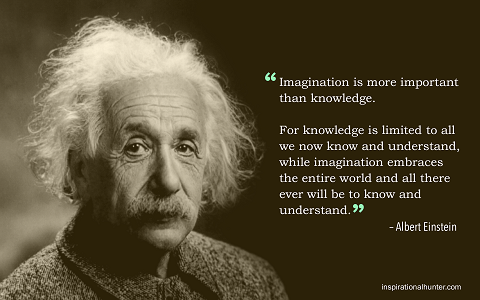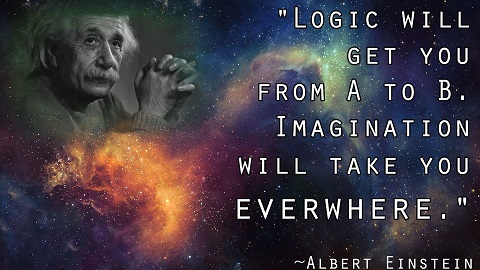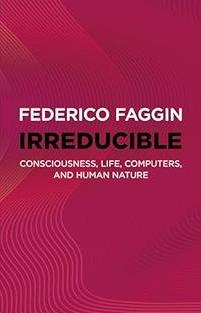|
home | what's new | other sites | contact | about |
|||
|
Word Gems exploring self-realization, sacred personhood, and full humanity
Dr. Federico Faggin
return to "Afterlife" main-page
What is the central problem, the insurmountable barrier, keeping us from ever inventing machines with human-like sentience? In a word, it is “qualia.” We'll define this term. a computer has no interiority, no avenue to qualia, no concept of meaning or comprehension, but exists only as a collection of on-off switches and cannot rise higher than its programming Dr. Federico Faggin, Silicon: “Perception is the process that translates the electromagnetic and electrochemical activities of the brain and body into qualia. Editor’s note: Qualia are the inner feelings one experiences, for example, when encountering the scent of a rose. A computer is able to recognize an image of a rose, but it has no interior sensations or qualia concerning the smell of a rose or the painful feeling of being stung by a rose thorn. “We experience the world through qualia, but qualia are neither electrical signals not bits stored in memory… When we say we are conscious, we mean that we perceive qualia – that we have an inner experience based on sensations and feelings. A digital computer that has an image in its memory produced by a digital camera is not at all aware of that image as qualia, even though it has the data that inform our qualia. Qualia are the carriers of meaning. The process of obtaining meaning from qualia is called comprehension… “At this point you could ask: ‘What is the difference between consciously acquired meaning and the unconscious learning acquired by a computer? If the results are the same, what difference does consciousness make?’ In fact, many researchers consider consciousness as unnecessary to achieve intelligent behavior. For them, a machine can be as intelligent or even smarter than any human being, with or without consciousness. “This view is based on an inadequate definition of intelligence that does not consider the fundamental, creative aspects of comprehension, intuition, insights, and imagination.
"That same reductionist mindset neglects the fact that without consciousness we would be zombies and life would have no meaning or purpose. Editor’s note: Qualia – meaning, comprehension -- cannot be reduced to electrical signals, computer bits, or mathematical algorithm. This is why Nobel Laureate Sir Roger Penrose, along with many others, has asserted, “Consciousness is not a computation,” which means that the higher, creative levels of intelligence will never be accessed by computers, which are, forever, mere machines. If AI becomes a threat in the future, it could occur not by an uprising of the machines - they could never have a concept of 'uprising' - but by totalitarian humans who would use the machines to enslave mankind. “On the other hand, when the consciousness of a human being is completely identified with the body and with the logical mind [what we call the ego], the person’s creative potential remains largely unused, and his behavior may become just as mechanical as that of a computer.”
There is a great deal to understand and absorb here. Readers who are keen to know more are well advised to read Dr. Faggin’s books; plus, highly recommended and very valuable are his many youtube interviews and lectures.
How does this relate to post-mortem survival of consciousness? Dr. Faggin noticed a parallelism between the attributes of quantum fields and those of consciousness. One needs to look at all the evidence as presented by Faggin, but, essentially, it’s like this: It was once believed that atoms and particles were stand-alone entities, like hard little bee-bees. It’s now known that this is not the case. Atomic particles are like whirlpools in a lake.
They don’t have their own ontology but are really just part of the lake. They’re “excitations” of the lake water, and will soon fade away. Similarly, atoms and electrons are just “excitations” of an underlying medium. The “realness” or the ontology of the particles is mere illusion, with the underlying medium, the quantum fields, the locus of the “realness.” What we experience as consciousness, our sense of “self,” is not rooted in the body but in an indestructible quantum field. The body is made of particles that are not “real” as such but are much like the whirlpools which come and go. Quantum fields do not exist in 4-D spacetime, what we think of as the universe. The physical body, however, does exist in spacetime – but, “we” are not the body. We are "consciousness units." Most people on planet Earth are confused about this. And when the body, like the whirlpool, dissolves, the underlying lake water, the quantum fields of consciousness, will remain and continue to supply our sense of “self.”
|
|||
|
|




